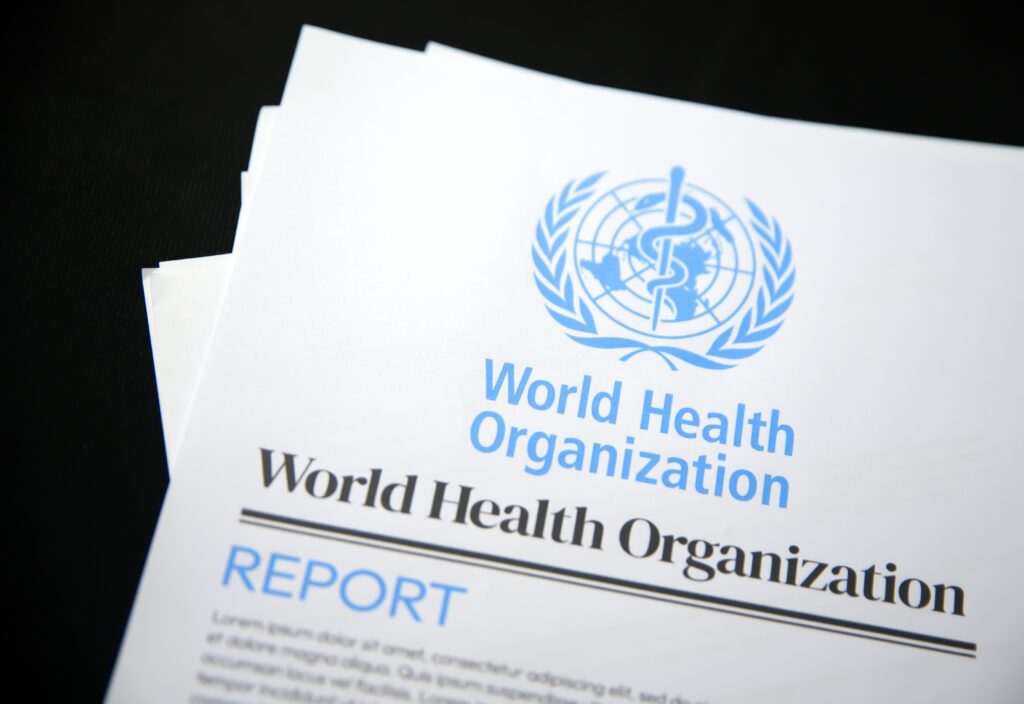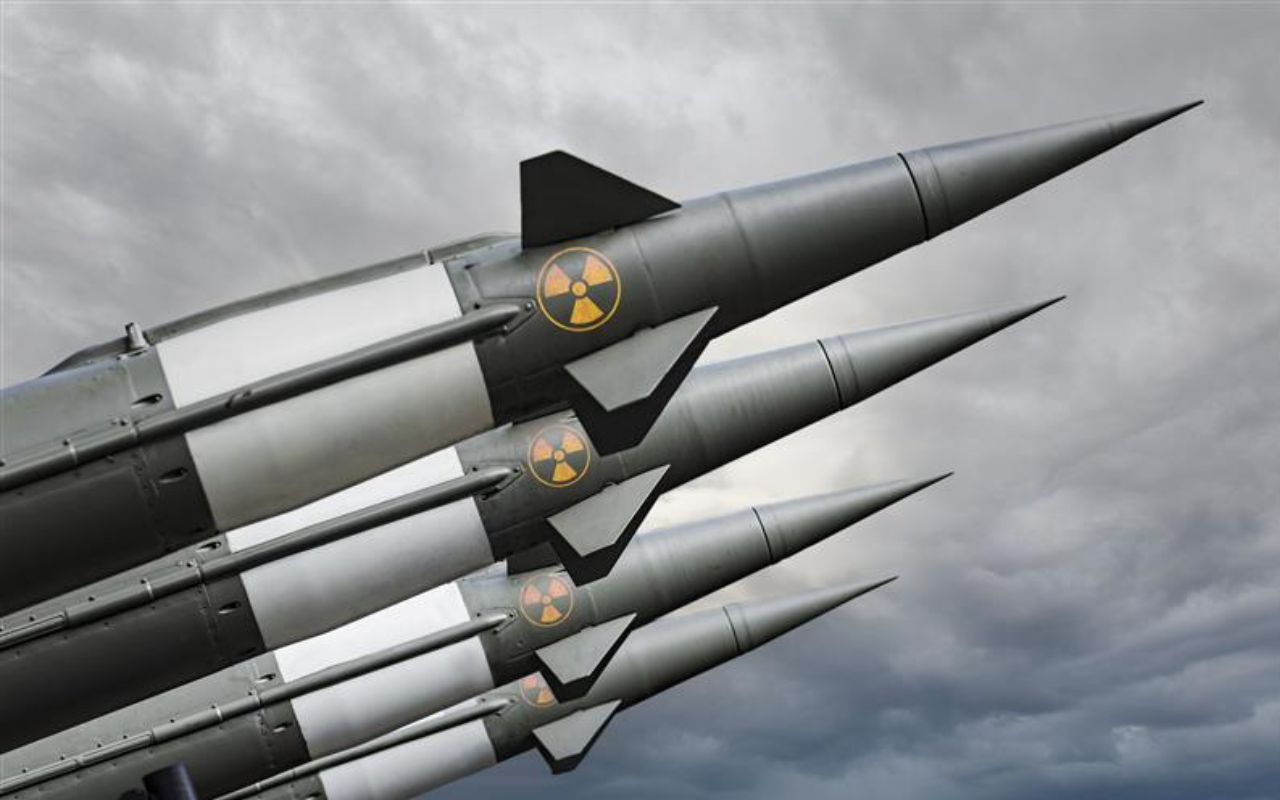The Medical Journal of Australia joins with medical journals around the world to call for the re-establishment of the World Health Organization’s mandate on addressing the health consequences of nuclear weapons and war.
The Doomsday Clock is closer to midnight than ever before.
80 years on from the devastating nuclear bombings of Hiroshima and Nagasaki, a worldwide nuclear arms race continues, with China, India, North Korea, Pakistan, Russia and the United Kingdom currently enlarging their arsenals.
While there are fewer nuclear weapons in the world than at their peak of 70 300 in 1986, there 12 300, with 9600 ready for use including 2100 warheads ready to launch in France, Russia, the UK, the United States and China.
In response to this ever-pervasive threat, the Medical Journal of Australia (MJA) has joined with medical journals around the world in an editorial calling for the re-establishment of the World Health Organization’s (WHO) mandate on addressing the health consequences of nuclear weapons and war.
The MJA’s Editor-in-Chief, Professor Virginia Barbour is one of the co-authors of the editorial.
“At a time of increasing global instability, it has never been more important to inform the medical community about the dangers of nuclear weapons and the important role that medical professionals have in alerting the world, and more specifically our politicians, to what would be the catastrophic consequences of any use of nuclear weapons,” Professor Barbour told InSight+.
“As the editorial says, there is ‘compelling evidence of the catastrophic humanitarian consequences of nuclear war, its severe global climatic and famine consequences, and the impossibility of any effective humanitarian response’.”
“This editorial reflects a truly international collaboration of medical journal editors and colleagues who are committed to using their voice to advocate that the WHO re-establishes a mandate to address the health consequences of nuclear weapons and war.”

A renewed focus on the effects of nuclear war
Editorial co-author Associate Professor Tilman Ruff AO hopes a renewed WHO mandate will inform the work of a new independent scientific panel, established by the United Nations General Assembly in 2024, to undertake a comprehensive study on the effects of nuclear war.
“The 4-year program of work planned by WHO to deliver on a new mandate includes updating its landmark ‘Effects of nuclear war on health and health services’ reports from 1983 and 1987, and its 1993 broader report ‘Health and environmental effects of nuclear weapons’,” Dr Ruff told InSight+.
“This work will both input into the UN study, and be wider in addressing the harms of nuclear weapons development, production, testing and disposal.”
Dr Ruff is an infectious diseases and public health physician, and founding chair of the International Campaign to Abolish Nuclear Weapons (ICAN), which was awarded the Nobel Peace Prize in 2017.
“The danger of nuclear war has never been more urgent,” Dr Ruff said.
“New, more dangerous nuclear weapons and threats to use them have proliferated, disarmament is going backwards and treaties constraining nuclear weapons have been abrogated.”
“The novel approach of many health journals together publishing a joint call on the paramount challenges of our time has only been done three times before – on the climate crisis and on nuclear weapons. It strengthens our call when our professions speak with a united voice.”
Advocacy of health professionals
Dr Ruff believes that health professionals have a responsibility to advocate for nuclear disarmament.
“As for any other threat to public health, health evidence-based education and advocacy on the most acute existential threat to humankind and the biosphere is very much a professional, ethical responsibility for health professionals,” Dr Ruff said.
“Health professionals have made substantial contributions to ending nuclear testing, ending deceptively ineffective civil defence programs for nuclear war, ending the Cold War and [establishing] treaties that have cut nuclear weapons, and strengthening the taboo on use of nuclear weapons.”
“Health professionals can meaningfully contribute to reducing the risk of nuclear war and ending nuclear weapons in many ways, particularly through supporting the persistent work of dedicated organisations like the Medical Association for Prevention of War (MAPW) and the International Campaign to Abolish Nuclear Weapons (ICAN). ICAN was founded by MAPW and the International Physicians for the Prevention of Nuclear War, and is the first Australian-born entity awarded the Nobel Peace Prize.”
With the United States’ withdrawal from the WHO, the editorial urges our national WHO delegates to commit to the funding needed for re-establishing the WHO’s work program.
“With WHO’s current budget crisis, it will be important for states to not only support a new mandate, but ensure WHO has the modest resources needed to implement it,” Dr Ruff said.
Action needed from the federal government
Dr Ruff argues that Australia currently has an inconsistent position on nuclear weapons, but the newly elected Labor government now has an opportunity to change that.
“We claim to support nuclear disarmament, but in fact we are part of the nuclear weapons problem. We claim reliance on US nuclear weapons and provide both justification and assistance for their possible use through command, control and targeting assistance through military bases such as Pine Gap,” Dr Ruff said.
“There are currently no guardrails in place to prevent nuclear weapons being brought into and potentially launched from Australia. The most significant step the re-elected Labor government with a clear majority could take for nuclear disarmament would be to join the Treaty on the Prohibition of Nuclear Weapons, as we have joined the treaties prohibiting other inhumane weapons like biological and chemical weapons, landmines and cluster munitions. Labor’s National Policy Platform commits it to do so, and there is parliamentary and public support.
“Labor must also make sure it does not put additional obstacles in the way of Australia complying with the ban treaty. The government needs to stipulate that nuclear weapons must not be brought into Australia. This means that the imminent basing of US B-52 bombers at RAAF Tindal must involve only non-nuclear capable B-52s.”
Read the editorial in the Medical Journal of Australia.
Subscribe to the free InSight+ weekly newsletter here. It is available to all readers, not just registered medical practitioners.

 more_vert
more_vert